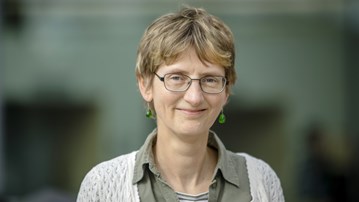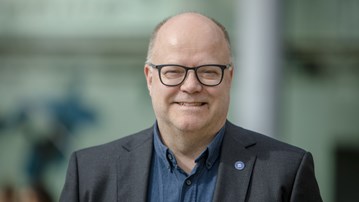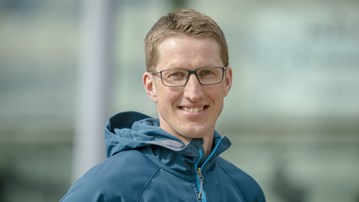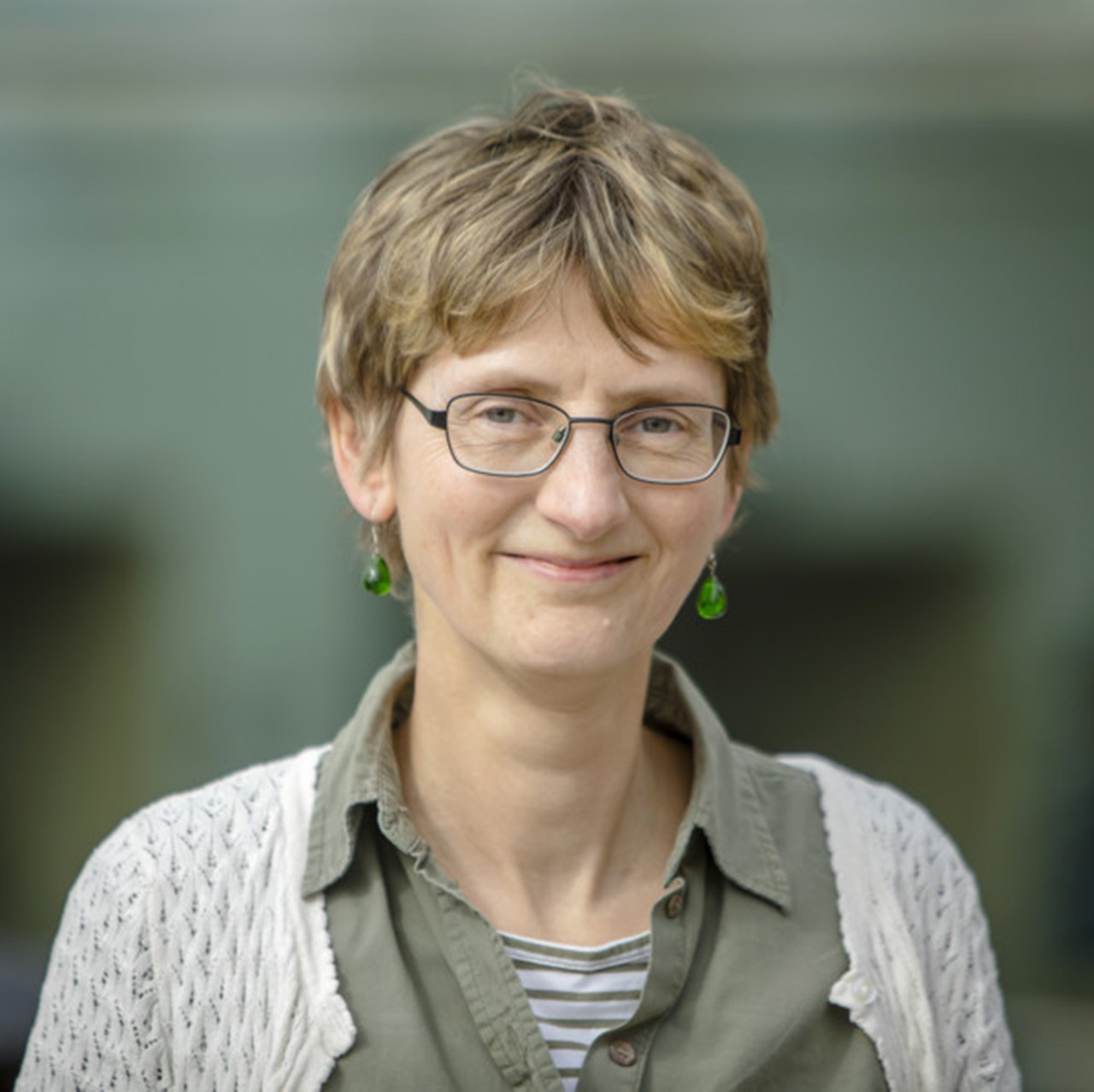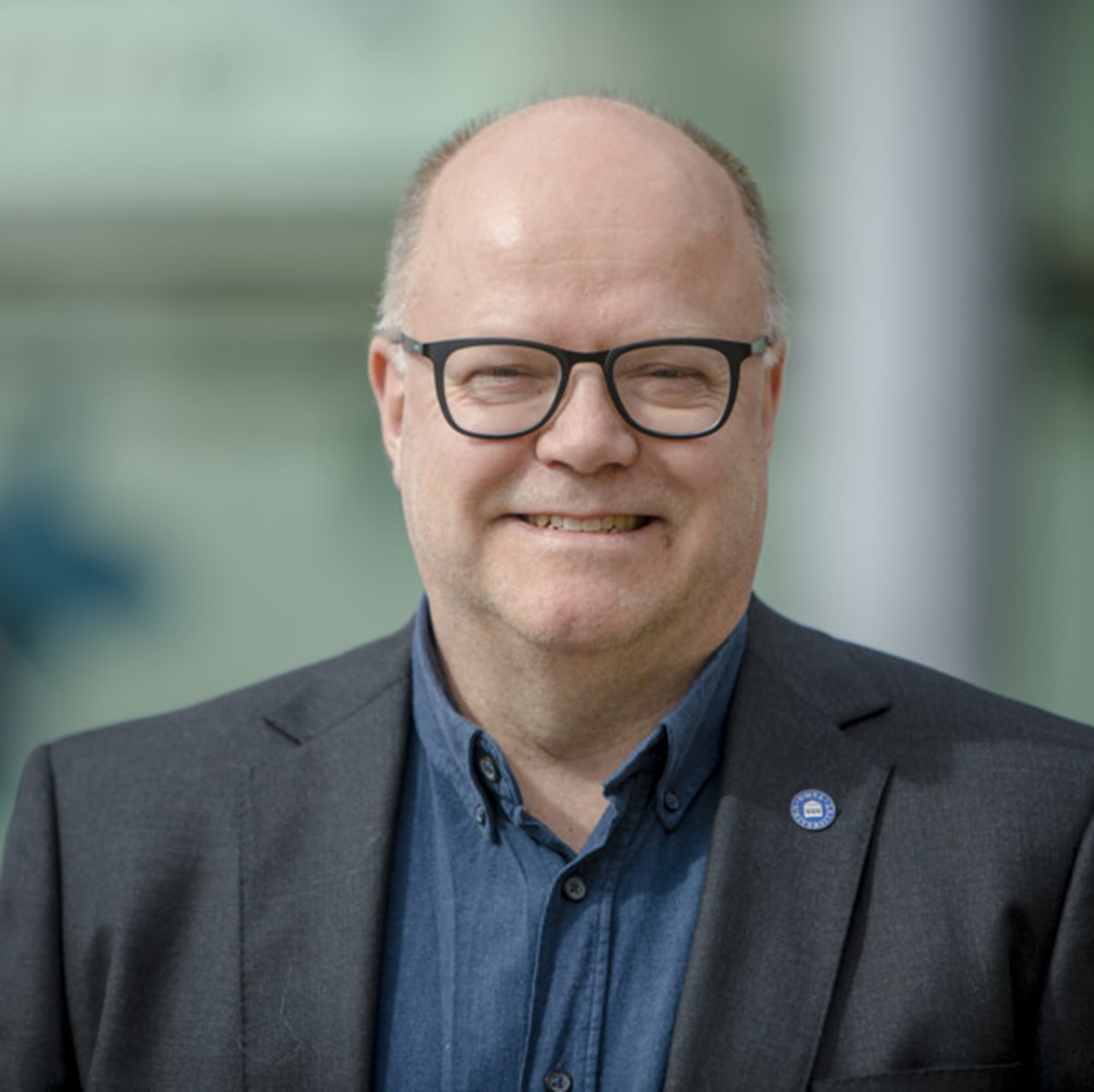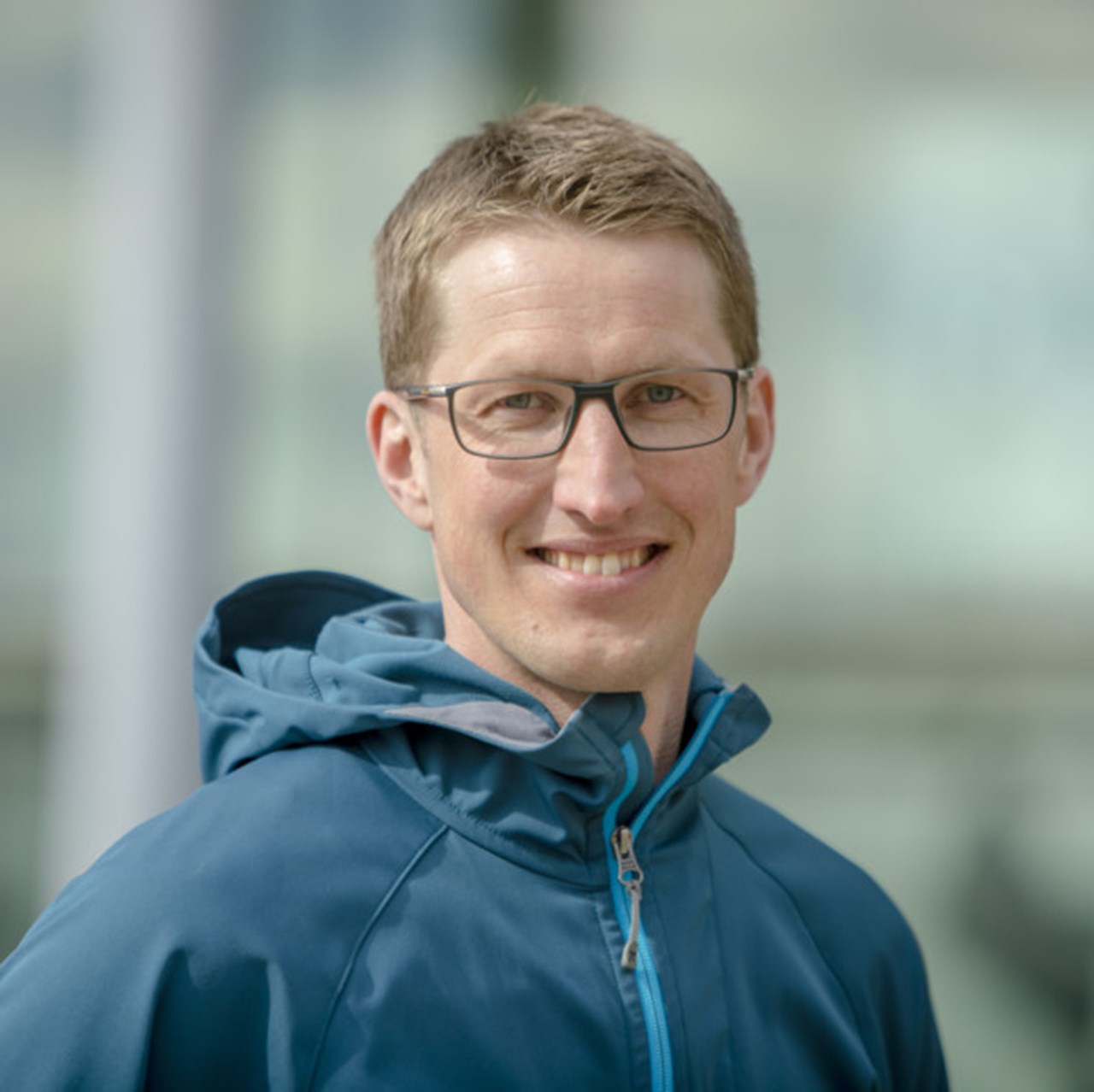Barbara Schumann
Works as: Researcher at the Department of Public Health and Clinical Medicine.
Topic of particular interest: Epidemiology and global health.
Suggested reading: A study of the correlations between temperature increase and mortality (in production).



